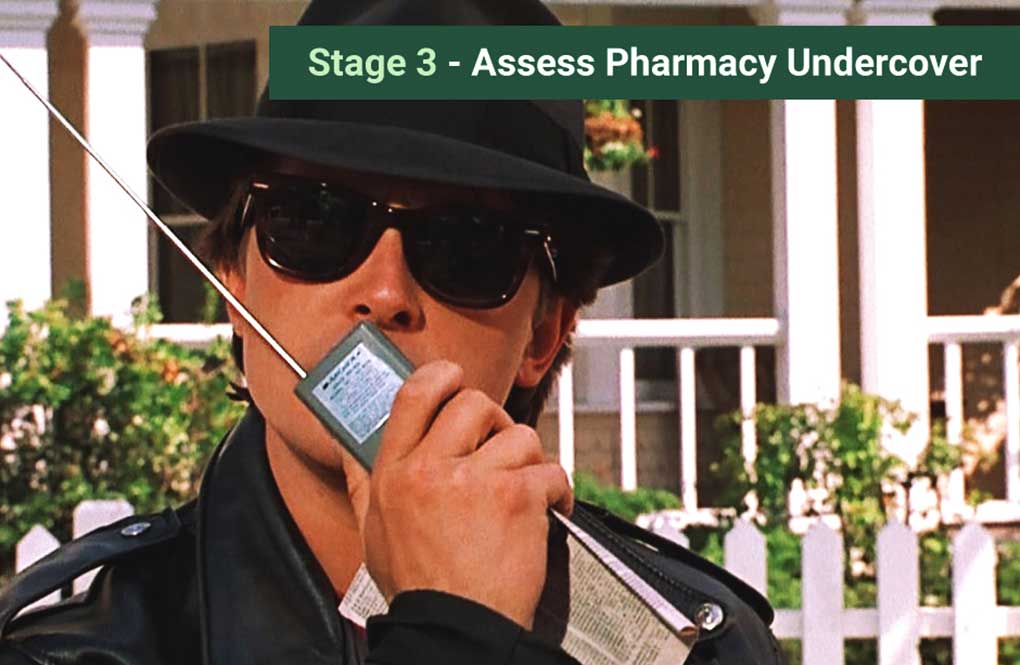For most business owners, arriving at the decision to sell doesn’t come easily. Any business owner will tell you it’s a tough and sometimes thankless task balancing the many variables at play – especially within a pharmacy business – so when it comes time to sell, there’s often mixed emotions.
Emotion aside, and to ensure you get the best possible return on your investment, we’ve put together a few key points to tick-off when preparing your business for sale.
Plan to Sell
It may seem obvious, but a successful sale is usually preceded with selling being the ultimate result of the business plan from the get–go. Additionally, if you enter into a business as a partnership, and a sale is your end game, then it’s critical that you all have the same intentions and work to an agreed timeline. Indeed, whilst some opt to purchase a business to purchase a wage for themselves, many instead prefer to buy an underperforming business with the vision of improving it and selling it at a premium.
Knowing When
Much like the residential real estate market, it’s always a bit of a gamble knowing when to pull the trigger and list your pharmacy business for sale. That said, having a good handle on the numbers and an awareness of the comparative performance of your business helps inform a more strategic approach to selling. Keeping up to date with broader market trends, capitalisation rates and the market’s attitude towards opportunity cost will also keep you in good stead to make a strategic an industrious decision. Regular contact with a pharmacy business brokerage can help build your knowledge greatly.
Preparation
When the decision has been made, and you’re in the preliminary stages of sale preparation, you’ll need to assess the pharmacy’s strengths and weakness – both from a physical standpoint (wear and tear, fit-out, signage) and from a financial standpoint. It often helps to come into the store during opening hours – as a potential buyer would – and make a note of what’s working and what’s not. This self-appraisal applies to the physical appearance of the premises, but also extends to the less tangible elements such as customer service levels as well as customer behaviour and interaction to name but a few.
The Process
Once you’ve squared away any pressing physical improvements and are confident your business is operating as effectively and efficiently as possible, appointing an industry-specific business broker should be next on your list. An experienced broker will act as the intermediary between you as the vendor, and prospective buyers looking to make a bid. Importantly, brokers have the infrastructure and contacts in place to build buyer competition and ensure you get the best possible price available on the market.
Transparency
Taking a step back, and even before you approach a broker, you must make sure your business is ‘clean.’ In other words, triple check the processes in place, the financials and your arrangements with suppliers. It’s vital there’s no surprises or forgotten agreements that surface after an offer on your business is signed and the deposits paid. Aside from the headache of getting to the bottom of the issue, your sale could fall over completely.
In the end, there’s no substitute for thorough planning and preparation when it comes to getting your business ready for sale. Furthermore, knowledge is power and the more you know about the sales process, the better positioned you’ll be dealing with brokers, buyers and bankers.
– Chris Swifte, National Business Development Manager at AP Group













